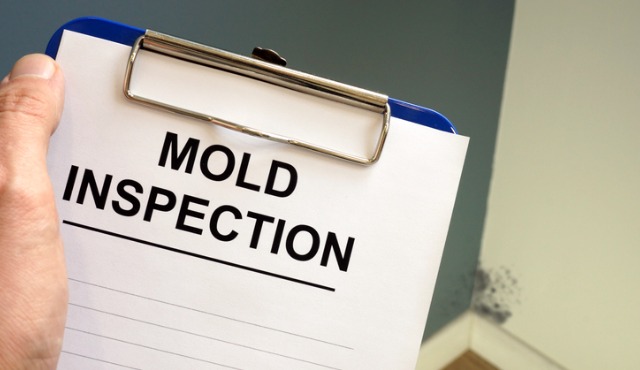By Anica Oaks
Buying a new house means that you're likely to check out a number of features, including the home's structural integrity, heating and cooling systems, and square footage. You also have to look for mold. Mold is more than just an unsightly substance with aesthetic disadvantages. Having mold in the home can threaten the health and wellness of everyone living in the space. Check the house for mold before putting in an offer. If mold is found, you need to decide if and how you want to proceed.
Do Your Research
Learning some information about the home's history before even going on a tour can help you to establish the likelihood of mold. For example, if the house is located in an area that experienced serious damage from a hurricane in the recent past, the property might have issues with mold. You should also ask your real estate agent questions about mold in the house. When you go on a tour of the property, closely look at areas that are prone to molds, such as the basement and bathroom ceilings.
Schedule a Professional Inspection
Mold could be hiding in places that you can't see during the tour of the house. The best way to find out if the property has mold is to schedule a professional inspection. Decon Environmental can test for the presence of mold in the house and paint a picture for you of how serious the problem is. You can also speak with the experts about the likelihood that mold will grow in the home and any faults with the house that might lead to this issue.
Make a Decision
In the event that the house does have mold or signs of mold damage, you have to decide if you want to proceed with putting in an offer. A house that once had problems with mold may be likely to see regrowth in the near future. While you don't necessarily need to give up your dream house because the property once had mold growth, you should be prepared to tackle this issue. Remember that mold can cause health issues, even deadly ones.
Work to Prevent Mold
If you decide to move forward with the purchase of the house, speak with the mold remediation experts about strategies for preventing the appearance of this substance. A house with old plumbing might be more prone to leaks and mold, so you could consider replacing some of the piping. In the event that the home is located near a body of water, consider flood insurance to help pay for the costs of mold removal in case an issue does appear.
Buying a home that has significant troubles with mold can lead to continued problems in the future. Therefore, checking for signs of this substance is imperative prior to making an offer.
 Anica Oaks is a freelance writer who hails from San Francisco, California. When she's not writing, she's enjoying her time outside with her dogs. Keep up with her on Twitter @anicaoaks.
Anica Oaks is a freelance writer who hails from San Francisco, California. When she's not writing, she's enjoying her time outside with her dogs. Keep up with her on Twitter @anicaoaks.








